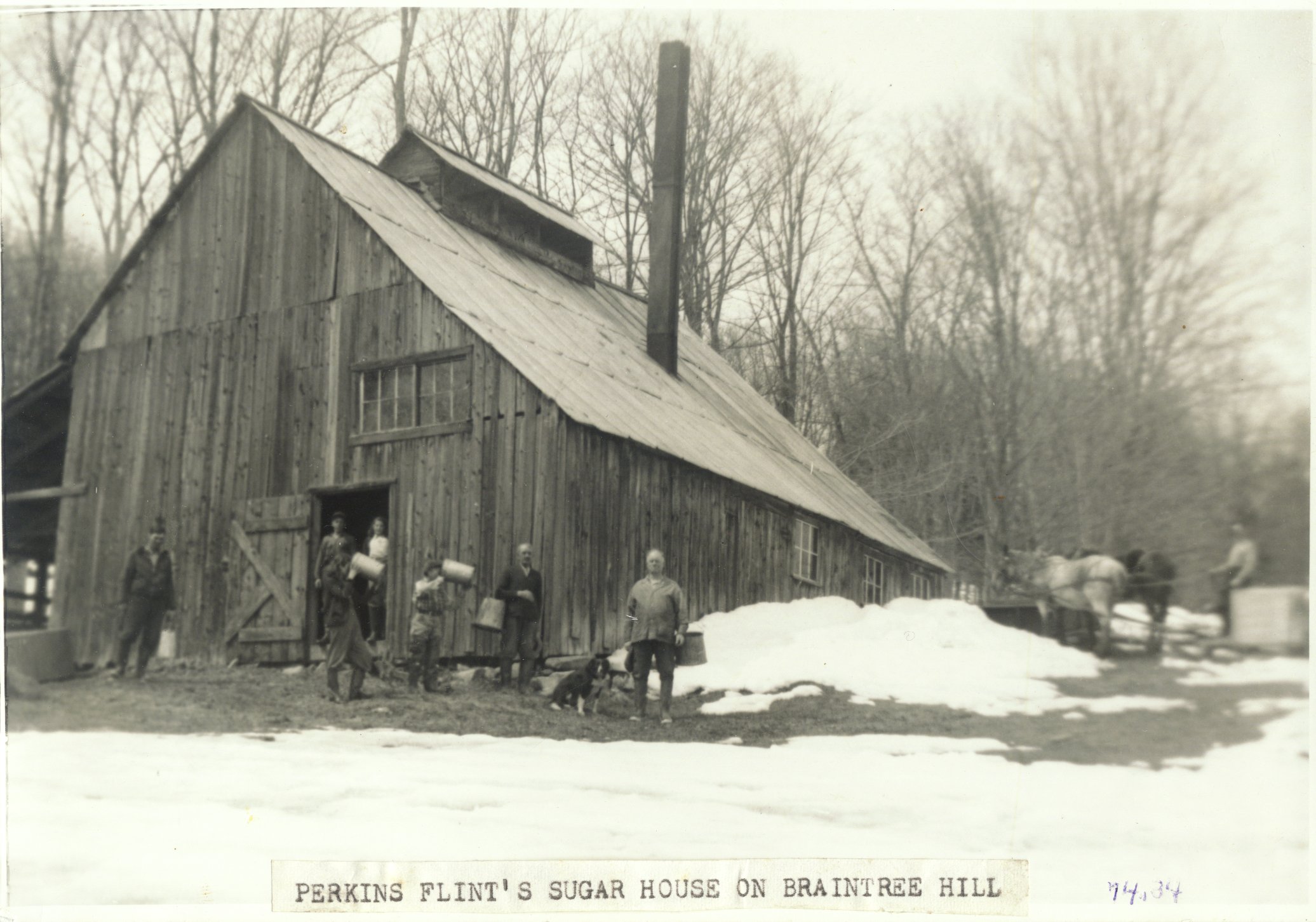Folk Sources: Learning With Vermont Folklife's Archives
This spring, we–with project partners History Miami Museum, Oklahoma Oral History Program, OSU Writing Project and Local Learning–launched Folk Sources, a digital resource that provides pathways and tools for learning with specific types of primary source materials: field recorded archival sound, documentary photographs, text and other items generated through the research activities of folklorists, ethnomusicologists, oral historians and anthropologists.
What are ethnographic collections? We get that question a lot. Folklife Centers, archives, museums and libraries often maintain collections of records created by fieldworkers who research everyday life. Above all else, ethnographic collections document human cultural experience–as well as the process of studying it. In doing so they give insight into the rhythms of daily life and the practices, beliefs and values that inform how we see–and interact with–the world around us. Ethnographic collections are a record of who we were and are–both individuals and the communities of which we are a part.
Items might include:
An audio recording of a longform, life history interview
Photographs that document events
Family recipes and songs
Diaries or journals
Material items or artifacts
Vermont Folklife’s Archive focuses on audio field recordings of interviews and musical performances, including participants in the Vermont Traditional Arts Apprenticeship Program. Many of our collections are multi-format and, in addition to sound recordings, include video, photographs, songbooks, and other personal memorabilia. Check out this VT Untapped episode The Perks of Being a Storyteller, which showcases the collection of Perkins Flint.
We invite you to browse Folk Sources and explore items focused on farming and foodways in Vermont. And for middle and high school educators, look out for a workshop in late summer 2023 that will present techniques and lesson plans for your classroom. To dig into resources that feature ethnography and folklife, check out lessons and project ideas from Local Learning, our lead partner for Teaching with Folk Sources, a project supported by the Library of Congress’ Teaching with Primary Sources program.

